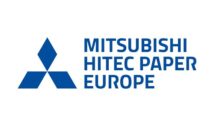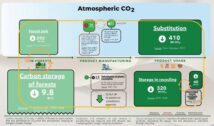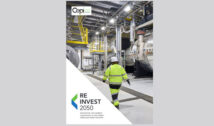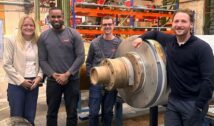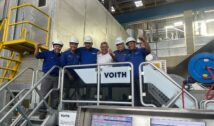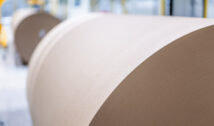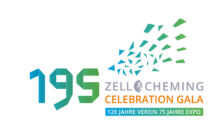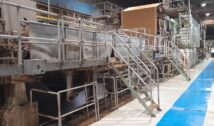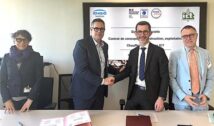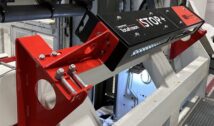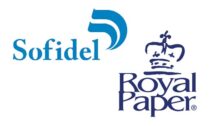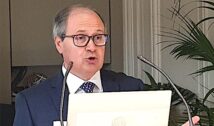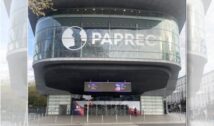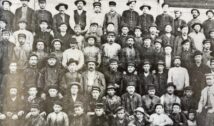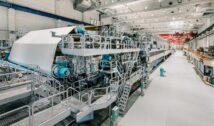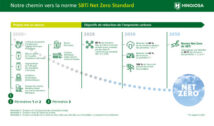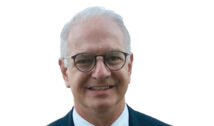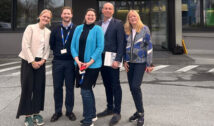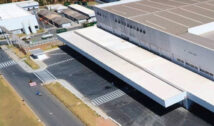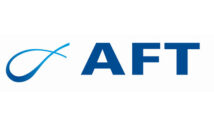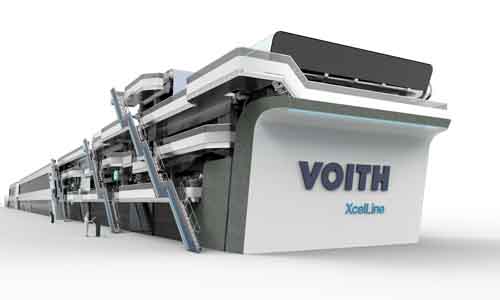
For the 16th time, the jury of the German Sustainability Award (DNP) has nominated outstanding innovations in the field of sustainability. Out of more than 1,000 applicants, Voith’s XcelLine paper machine is a finalist in the “Design” competition in the “Vision” category. With eight competitions, the high number of applicants and more than 2,000 guests at the award’s closing events, the DNP is the most comprehensive award of its kind in Europe. The award is based on the goals of the 2030 Agenda and thus on the key transformation fields such as climate, biodiversity, resources, supply chain and society.
Making it to the finals makes us very proud and confirms our ambition as a leading full-line supplier to provide our customers with the most sustainable and efficient paper production. In addition to technical performance, the development of the XcelLine paper machine also focused on resource efficiency, which is made possible by an optimized design. Compared to conventional systems, the XcelLine paper machine features reduced energy consumption, optimal fiber utilization and lower water consumption. Dr. Michael Trefz, President Projects Voith Paper
Thanks to the modular design of the XcelLine, highly individualized production lines can be put together for almost any application. All individual components are perfectly coordinated to achieve outstanding results over the decades-long life cycle of the paper machine. The XcelLine portfolio today covers machine widths of up to 11 meters. Depending on the grade, speeds of up to 2,000 m/min can be achieved. The increasing production width and speed of the lines optimize productivity and thus reduce specific consumption data.
Award-winning excellence of the XcelLine in design, performance and sustainability
Voith’s future and design study “Papermaking Vision” contributed significantly to the DNP nomination in the Design competition, Vision category.
The jury evaluated both the current status and our innovative strength and research and development work. With our Papermaking Vision last year, we presented a long-term, visionary concept that goes far beyond the current state of the art.Dr. Christoph Lapp, Senior Vice President Product Management at Voith Paper
In the overall concept, Voith takes into account all aspects of paper production. Maintenance and operation of the system are simplified, efficiency and safety are increased, interfaces are reduced through a higher degree of networking, and an attractive design ensures a uniform appearance. Another focus of the Papermaking Vision is the implementation of the “Clean Design” concept throughout the line. By increasing cleanliness, the risk of unplanned downtime is reduced. This improves operational reliability and machine efficiency and ensures a trouble-free production process. Aspects of this vision are being successively integrated into equipment that is already being delivered to customers today.
The optimized design of XcelLine paper machines also leads significantly to improved resource efficiency.
Our ‘Papermaking for Life’ sustainability program goes hand in hand with our Papermaking Vision design study. For this, we invest around 100 million euros per year in the development of sustainable and efficient solutions. Dr. Michael Weiß, CTO at Voith Paper
Another important lever for increasing sustainability is the optimization of paper quality. Reducing process fluctuations enables more efficient use of the fiber material. In this way, fibers can be saved and resources conserved. At the same time, the integration of automation and digitization solutions from the Papermaking 4.0 portfolio enables further increases in the efficiency of the XcelLine. The applications, such as intelligent process controls, are often implemented quickly and pay for themselves in less than a year. The digital solutions are expected to be able to save up to 15 percent of production costs in the future.
Sustainability also plays a key role for Voith in its own activities. For example, Voith pays attention to the durability of components, avoids critical substances when selecting materials, and promotes the recyclability of its own products as part of its circular economy concept. In addition, active supplier management ensures efficient sourcing strategies. As a measure, for example, transport routes for components have been significantly reduced and supplier chains improved.


